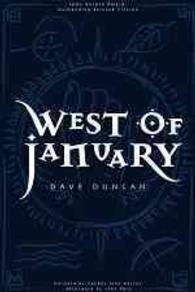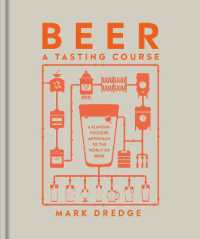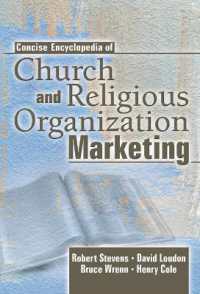- ホーム
- > 洋書
- > ドイツ書
- > Social Sciences, Jurisprudence & Economy
- > Environment, Agriculture, Forestry
- > Agriculture & Gardening
Full Description
In the ongoing effort to combat global climate catastrophe, animal agriculture has long been a subject of contention. On the one hand, most agree that across the world increasing meat and dairy consumption are accelerating anthropogenic climate change. On the other hand, proponents of the livestock industry argue that modern advancements reduce greenhouse gas emissions from efficient livestock production to negligible quantities. Some even maintain that grass-based livestock production has a net positive impact on the environment, due to the carbon sequestration caused by grazing. Whom are we to believe?
This book shows us that the answer is not so clear-cut. Beginning with the implications of the UN's Livestock's Long Shadow report, it breaks down the blind spots and highlights the insights of the most prominent pro-meat arguments, as well as of the push for a global switch to vegetarianism. While advances in efficiency might reduce greenhouse gas emissions per unit of meat or milk produced, attendant decreases in cost can enable overconsumption and thus produce more waste. And while carbon sequestration is beneficial, it is not a reliable cure-all for the industry.
Due to the economics of farming, however, eliminating meat consumption may not even reduce emissions at all. The truth about livestock production is much more nuanced but, luckily, also far more holistic. The future of agricultural policy will have to take into consideration factors such as human health and economics, as well as climate. Eschewing ideology for empirical rigor, this book paves an actionable path forward for both consumers and producers, offering unique solutions for each livestock system and simple, everyday adjustments for the average omnivore.
Contents
Preface.- How we got here, and where we need to go: The bitter fight about meat and climate.- The consequences for climate of meat consumption.- The Limits of Vegetarianism.- The Benefits of Modern Efficiency.- The Limits of Efficiency.- The Miracle of Grass.- The limits of grass.- Lightening our Carbon Hoofprint.- Policy Pathways.- Index.








